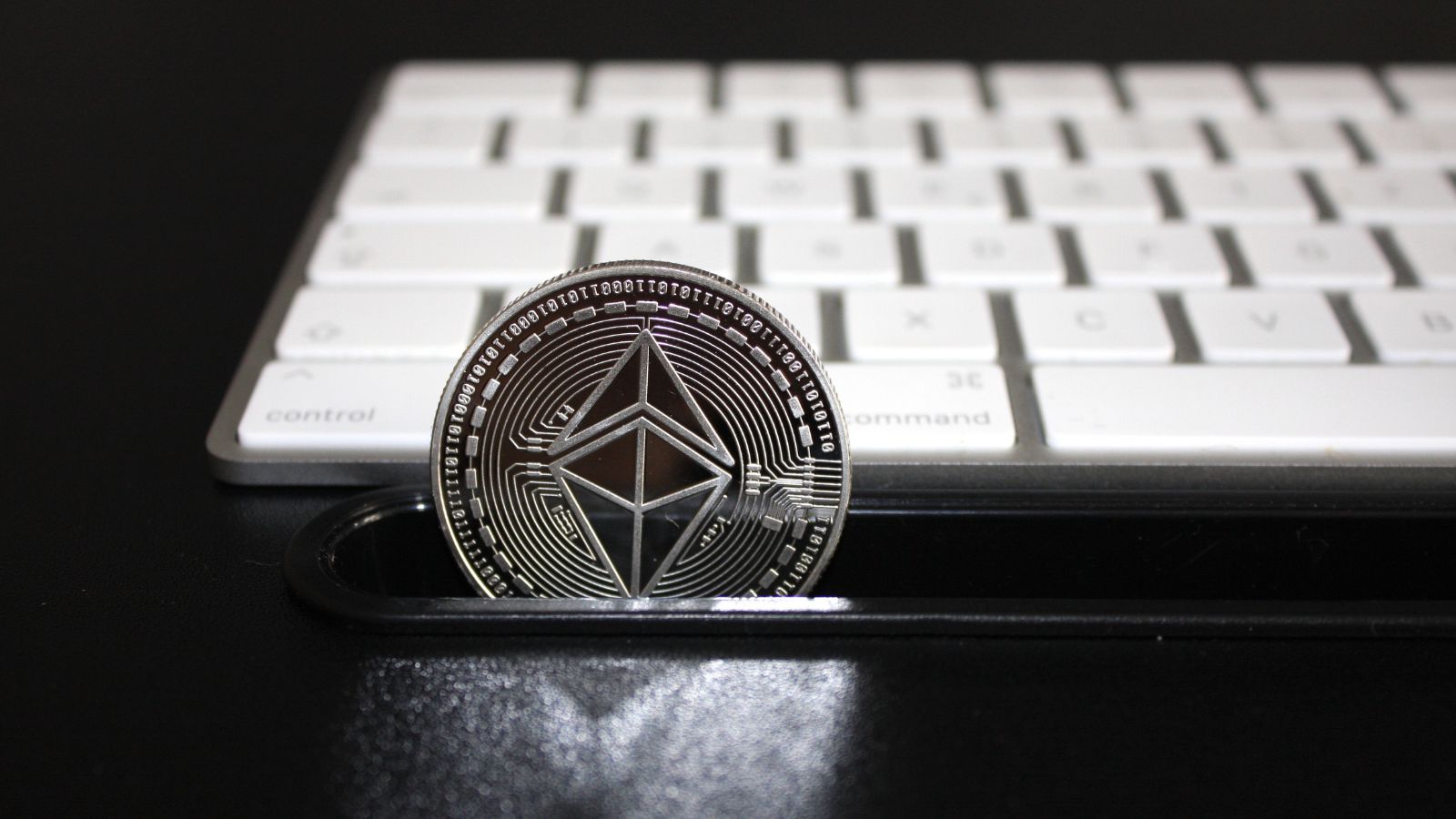
Online gaming is changing, propelled by trends such as mobile compatibility, live dealers, and most recently, the advent of digital currency. Maybe most impactful in a lot of respects, the integration of blockchain technology in the guise of Ethereum into gaming platforms has caught on.
More and more players are turning to Ethereum Casinos as a strong alternative to conventional online platforms, drawn by faster transaction speeds, greater transparency, and a greater focus on security, values that complement the decentralized philosophy of cryptocurrencies.
Connecting Conventional Gaming And Decentralization
The journey of cryptocurrency to the mainstream was led by Bitcoin, but Ethereum was quick to follow, offering more than a payment method. Ethereum’s offer (allowing programmers to create smart contracts) made it stand out from other cryptos.
Smart contracts are self-executing computer code that automatically triggers upon the fulfillment of conditions, thereby eliminating the need for intermediaries. In the case of online casinos, the technology forms the foundation of equitable play, allowing users to verify the authenticity of gaming results and significantly fostering players’ trust in operators.
One driving factor behind this change is the requirement for more open interaction. For a long time, players have desired assurances that the result of online gambling is indeed random and fair.
Ethereum’s use of public ledgers addresses those worries by giving users a mechanism to verify all bets and contract implementations. Having that transparent line of sight into how bets are put down and games are conducted generates player trust, a valuable asset in an industry built upon it.
Gaining Speed And Efficiency
Apart from transparency, Ethereum’s blockchain also brings efficiencies that legacy payment systems lack at times. All of those experienced in online gaming are well aware of the exasperation caused by excessive wait times for withdrawals or even typical deposits.
The more an online casino relies on legacy banking networks or third-party processors, the higher the possibility of delay. Ethereum transactions, however, settle within a few minutes once the transaction has been confirmed by miners on the network.
Second. These instant transactions reduce processing fees. Instead of having to pay possibly large amounts to banks or e-wallet providers. Players only have a gas fee to their miners validating the transaction. Gas. Has indeed been volatile, especially during network congestion, but overall, costs are usually cheaper than traditional banking. Over. The long term.
This emphasis on lower overheads extends to casinos, which can pass cost savings to their customers in the form of better payouts, bigger bonuses, or more frequent promotions.
Better Privacy And Security
Internet gamers increasingly care about privacy. As regulation to contain unethical behavior is needed, similarly there is a side issue about identity theft and data breach. Using Ethereum addresses circumvents much of the said issues. Instead of using credit card data or bank details, the gamers utilize wallet addresses as payment.
The gamers just have to enter some minimal personal information, which reduces the danger of exposure to potential cyberattacks. Security is also bolstered by the natural immunity of blockchain networks. Changing or tampering with Ethereum transactions would require a bad actor to gain control of over half of the nodes in a network, a feat that becomes increasingly difficult to achieve with each larger Ethereum ecosystem.
All this being said, one still must be careful with private keys and watchful in evading phishing attacks, remembering security is never one hundred percent, even where sound technology abounds.
Challenges In The Broader Market
Even with the benefits, operators who adopt Ethereum must contend with a complex regulatory environment. In a few jurisdictions, the legality of cryptocurrencies is vague, and casinos might have difficulty operating unimpeded.
Additionally, Know Your Customer (KYC) regulations tend to oblige casinos to verify player profiles, whether or not the player plays using crypto. This will somewhat diminish the privacy advantage of decentralized assets.
Volatility is also something to consider. While Ethereum is widely accepted and possesses a large market cap, its worth can fluctuate considerably. Participants who deposit or withdraw money when markets fluctuate can see considerable variations in value.
Some of the casinos mitigate this by converting money to stablecoins on deposit, effectively cutting large losses from volatility. However, the nature of crypto is still susceptible to market sentiment, and this is something that traders need to bear in mind.
The Role Of Smart Contracts And DeFi Gaming
Perhaps the most promising spin-off of Ethereum’s influence on Internet casinos is the development of decentralized finance (DeFi) gaming. Casino operations and leadership are controlled in this case by decentralized autonomous organizations (DAOs).
Rather than relying on conventional corporate structures, authority rests with token holders, who decide on policy, rewards, and protocol alterations via voting. The arrangement gives gamblers a higher active stake in the platform’s direction.
Smart contracts allow developers to introduce new types of games that go beyond the slot or card paradigms. Blockchain collectibles, such as non-fungible tokens (NFTs), demonstrate how decentralized tech can introduce new ideas to gaming.
Players can be rewarded with digital goods that possess provable scarcity, usefulness within a game, or collectibility. The potential for one-of-a-kind, provable assets introduces an additional level of interest and value to the game.
Implications For The Future Of Online Gaming
As cryptocurrency continues to gain acceptance and penetration into global finance, Ethereum appears poised to lead the way in blockchain innovation. In so many respects, it perfectly suits the interests of internet gamblers who desire more control over their money and more equitable playing conditions.
While conventional online casinos are sure to remain dominant, those that evolve and provide solid crypto alternatives (specifically Ethereum) are poised to do well in an emerging market.
In addition, as crypto-gambling laws keep evolving, market participants can expect more specific compliance rules. This may include licenses that are specifically designed for blockchain casinos, offering players and operators more legal certainty. As the regulatory landscape keeps evolving, it may become increasingly simple for players worldwide to engage in hassle-free, transparent gaming.
Conclusion
The growing adoption of Ethereum in online gaming marks a milestone in the broader digital entertainment and finance space. With its embrace of blockchain’s benefits (speed, transparency, and security), online destinations have made a drastic improvement in meeting the demands of the modern player.
The capacity to mitigate house edge, increase payout percentages, and reduce waiting time has worked well with gamers. Though challenges like regulatory overcomplexity and price volatility must be addressed, there is little question that Ethereum and blockchain technology as a whole are a powerful and visionary next step in internet gaming.
As these technologies continue to mature, a more even and technologically sophisticated era of online entertainment is poised to break, reshaping the relationship between players and operators for decades to come.




